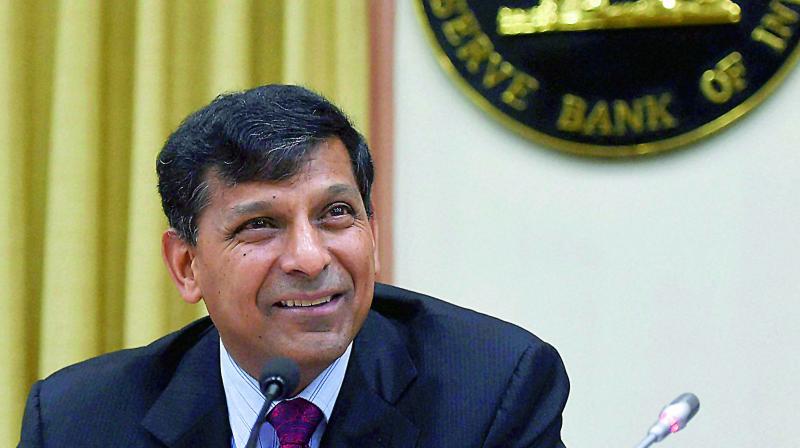Focus on macro-economic, says Raghuram Rajan
Fall in value of rupee against US dollar should be a lesser concern.

New Delhi: Former RBI governor Raghuram Rajan said that India should not worry about fall in the value of rupee against US dollar and instead should focus on maintaining macro-economic stability.
Mr Rajan said that emerging market countries like India and Brazil that are heading into elections should focus on maintaining macro-economic stability.
He said that for India, the recent depreciation in rupee isn’t too worrying, and is attributable in part to overall dollar strength.
The currency hit an all-time low of 70.3950 against dollar on August 16, and is the worst performing major Asian currency so far this year.
Mr Rajan, who warned of a credit crisis in 2005 before it hit, cautioned that trade wars when combined with a build-up in leverage and high asset prices could result in a toxic mix that dragged global growth.
“We are all very well aware that two things have built up, which had built up before the previous crisis, leverage and asset prices,” he said in a television interview.
“Trade is an issue for the world to be concerned about. It is extremely important that we have good outcomes there. By all means negotiate, but don’t pull the nuclear trigger there,” the former RBI governor said.
While global growth has been strong in recent years, the concern is how long can it continue, and whether elevated asset prices are justified on the basis of it, Mr Rajan said at Jackson Hole, Wyoming, the same place where he warned of credit risks in 2005.
Moves by either the United States or China on trade threaten that growth at a time when underlying conditions are fragile, and some emerging market nations are highly levered, he said.
The US and China returned to the negotiating table this week after more than two months, but a lack of progress after two days of talks renews the threat of escalation in the trade war.
While US stock prices hit a new high this week, emerging market gauges have fallen, with the Shanghai Stock Exchange Composite Index dropping about 17 per cent year to date.
Turkey and Argentina have experienced asset routs this year, though “my sense is that it is not a systemic issue yet among emerging markets,” according to Mr Rajan.

